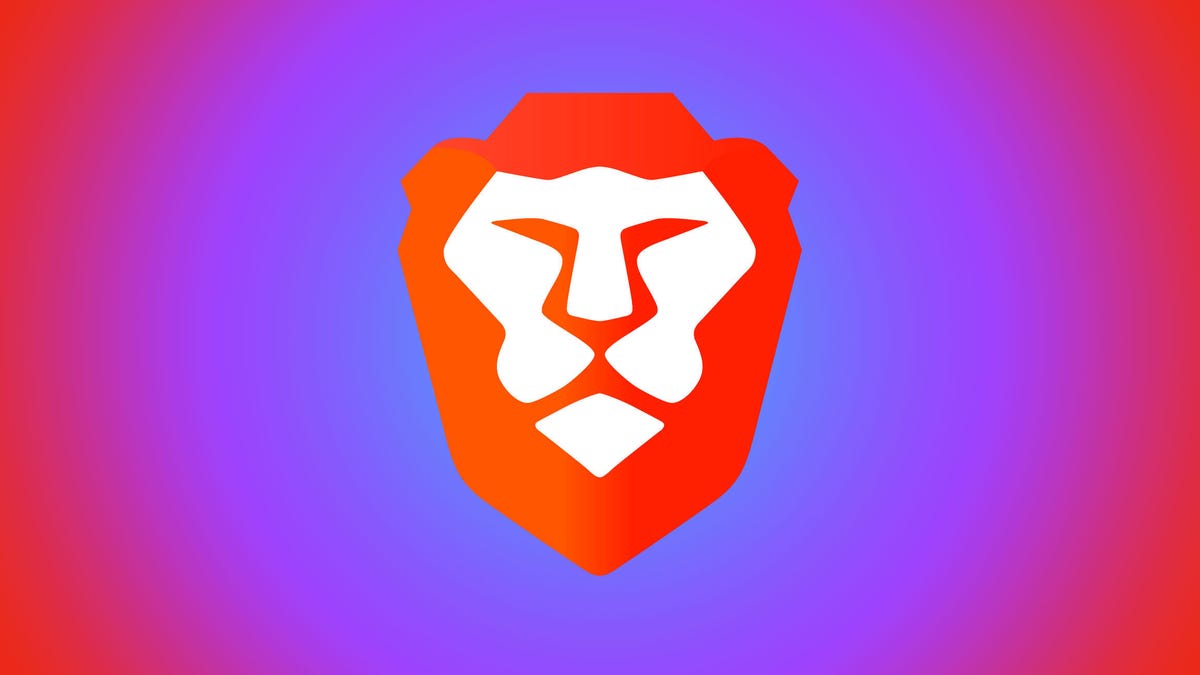Brave takes on Google with privacy-focused search engine
The browser maker also intends to pay people for using its new search engine.

Browser maker Brave has acquired a search engine project that prioritizes user privacy , a distinction it hopes will set it apart from Google , the undisputed leader in internet search.
On Wednesday, Brave said it had purchased Tailcat, which was developed by Cliqz, a privacy-minded subsidiary of Germany's Hubert Burda Media. Tailcat, which Burda shuttered in 2020, was designed to show results without logging user search activity or building a profile. Terms of the deal weren't disclosed, but Burda now is a Brave shareholder.
Brave plans eventually to show search ads through Brave Search, as the Tailcat technology is now called. Brave opened up a waiting list Wednesday so beta testers can try it out in coming weeks, with general availability scheduled for late spring or summer.
The startup hopes to pay users for seeing the ads, like it does with its flagship browser. Brave's existing browser-based ad system pays 70% of ad revenue to Brave users who opt into the system, called Brave Rewards.
"If we get to that promised land of our own automated search ad system, then we will give the user at least what we make," Chief Executive Brendan Eich said.
Brave is unlikely to dethrone Google search anytime soon. But Tailcat could show there is room for financial success with a business that puts privacy first. The Brave browser has grown steadily since its initial release in 2016. Eich forecast Brave will have as many as 50 million monthly users at the end of the year, double the 25 million users it has now. It doesn't release financial information, but its revenue has grown by a factor of 28 over the last 16 months and it now employs 115 people.
Of course, going up against Google is an enormous undertaking. The search giant accounts for more than 90% of search queries, according to analytics firm StatCounter. Microsoft's Bing is a distant second with less than 3%. Other companies like Yahoo, DuckDuckGo and StartPage repackage Bing and Google search results.
Two decades ago, Google rose to a commanding lead because its algorithms, including the seminal PageRank technology created by Google co-founder Larry Page, offer fast, relevant results. Its AdWords system, which shows advertisements alongside search results, remains a money-minting machine.
Brave Search starts at a disadvantage because it has a smaller index of the web than Google's. Brave will try to overcome that obstacle by supplementing algorithms that assess relevance with anonymous data from Brave users themselves.
Brave can do that by analyzing data the browser gathers on users' searches and the links they click, information that can be shared anonymously. Cliqz hired external security researchers to test the system, Eich said, and is confident search data can't be traced back to any individual.
The company's new search service will still rely on Google's expertise to a degree. In Eich's view, wholesale copying of Google's full search results for a given search query is inappropriate. But tracking the link people click from among those results is "OK," he said, as long as it's done anonymously and with users' permission. Brave Search will only gather data from users who opt in, Eich said.
Many companies use privacy as part of their sales pitch, and Google is a frequent target. However, with changes to people's privacy priorities and regulatory pressure, Google is changing its ways. On Wednesday, it said that starting next year, it'll stop tracking individuals as they visit different websites. The executive who made the announcement was David Temkin, director of product management for ads privacy and trust at Google. Previously he was Brave's chief product officer.

